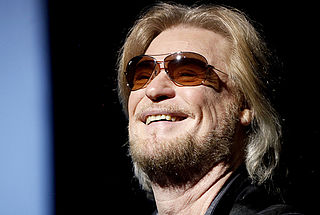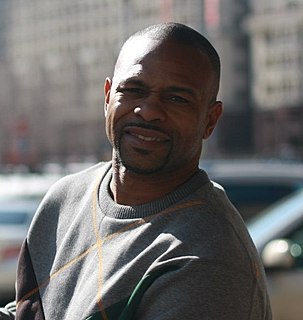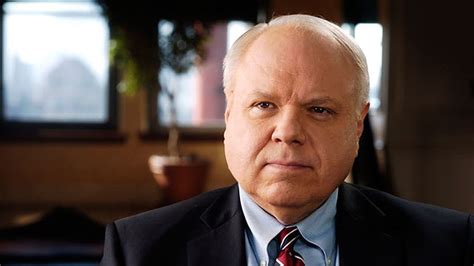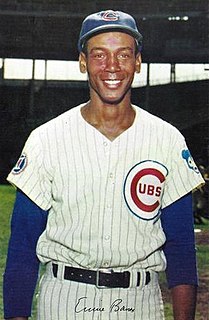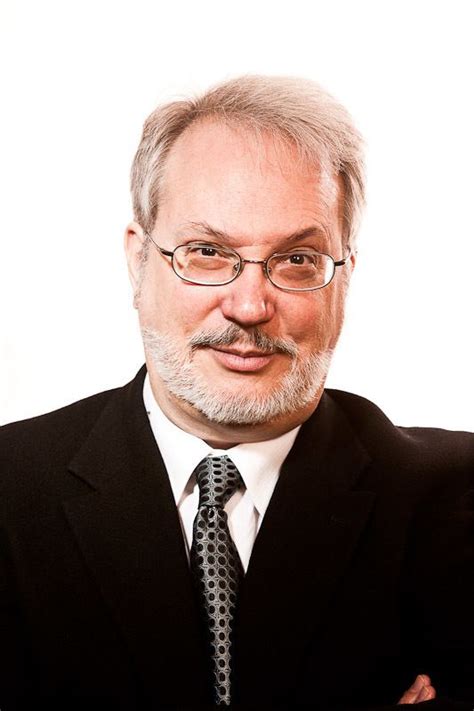A Quote by Salman Rushdie
I don't know what to say about literary critics. I think it's probably best to say nothing.
Related Quotes
A word, and all the infinite fluctuations it may possess. Like that moment when you know you have something to say, and you know you're speaking, even, but you still have no idea how you will say it. Or the moment when, as a reader, you're reading, and you are understanding what you are reading, but still have utterly no idea what will come next for you, what precisely the author wants to say. For me, that is the ultimate level of literary depth, of literary density.
You know how sometimes you're talking to people who love you and give you unconditional love, and you say, "But you know what? Let me back up. I forgot to say . . ."You can do that, right? You don't hesitate and say, "Oh my God! I forgot to say that!". You just speak! And you say it all, until you have nothing more to say. And that's your first draft. It's done.
Many of my sharpest critics have decided to take a position of ignoring me - because they feel that by attacking me, they would draw attention to my book and give me more publicity and help me sell more books. So I think that they decided that the best thing for them to do is to say nothing. Also, I think that some of my critics simply can't refute my argument - and so it's easier for them to ignore it as well, so that they're not forced to confront the logical contradiction in their own position.
It's very hard, I think, for critics to write positive reviews, because there's not that much to say about something you like. You can kind of say 'I really like that band' and then if you're forced to fill up the rest of an article, you've got to start saying heady things. It's much easier to say negative things in a review.
I'd say art is with you. All around you. I'd say when there doesn't seem to be anyone else, there is art. I'd say you can love art how you wish to be loved. And I'd say art is a lifeline to the rest of us - we are out here. You are not alone. There is nothing about you that scares us. There is nothing unlovable about you, either.



